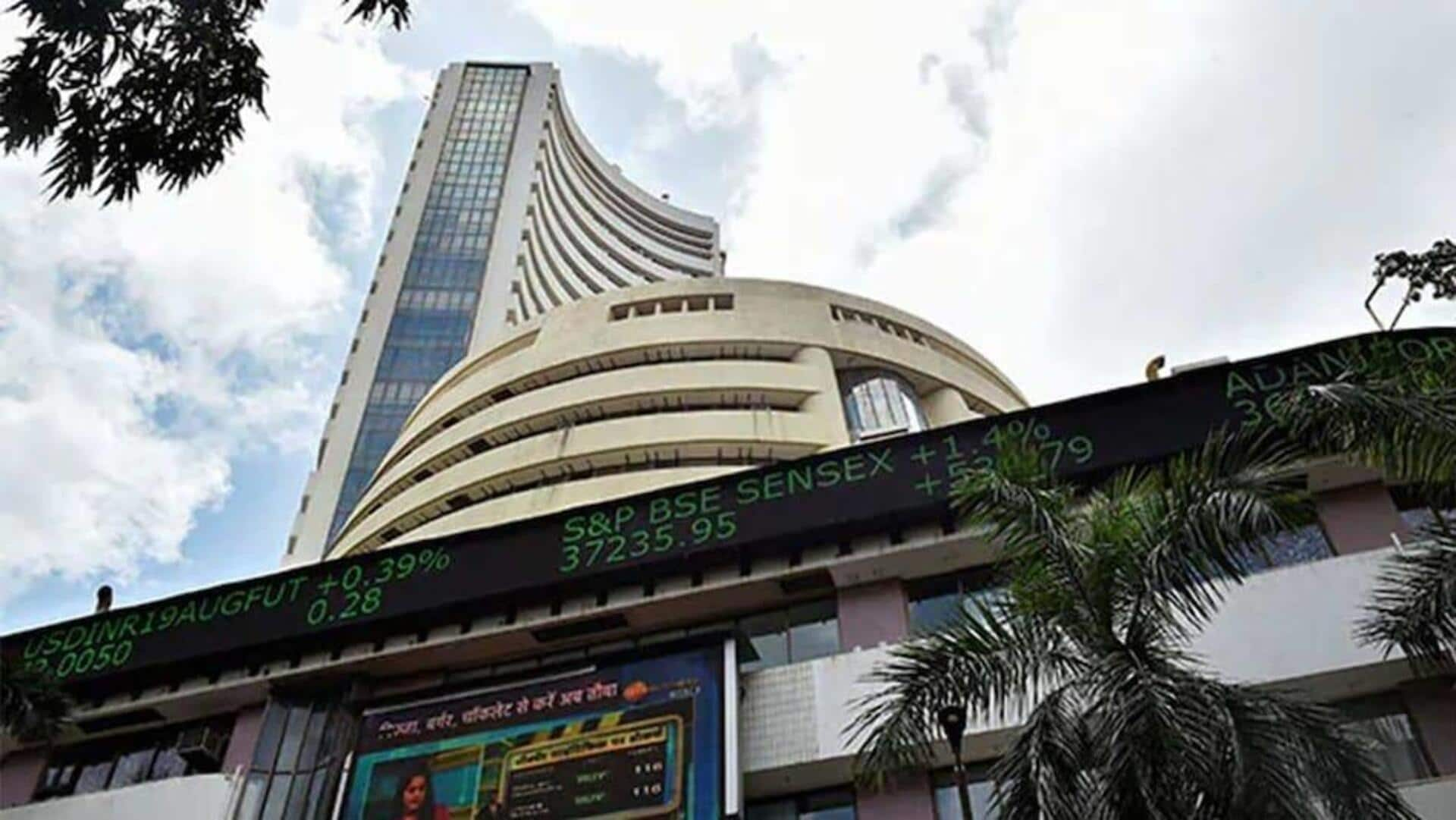
Investors lost Rs. 8 lakh crore in today's market crash
What's the story
The Sensex dropped over 1,000 points to 70,371 while the Nifty declined by 1.5% to trade under the 21,250 mark. As a result, investors lost around Rs. 8 lakh crore, with the market capitalization of all BSE-listed stocks decreasing to Rs. 366.3 lakh crore. This happened just as India overtook Hong Kong to become the world's fourth-largest stock market. The broader market saw an even greater sell-off, with mid and small-cap indices slipping around 3%.
Details
HDFC Bank, RIL biggest contributors to market losses
HDFC Bank and Reliance Industries (RIL) contributed to over half of the Nifty's decline. HDFC Bank shares fell over 3%, making up about one-third of the day's loss, as investors hesitated to buy the dip after disappointing December quarter results. RIL shares dropped 2% after global brokerage Citi downgraded the stock to a neutral rating with a target price of Rs. 2,910, citing a more balanced risk/reward ratio due to RIL's recent strong performance.
What Next?
FIIs selling pressure and profit-booking also impacted market movement
Foreign Institutional Investors (FIIs) have been net sellers in Indian stocks this month, selling over Rs. 13,000 crore worth of shares to book profits. In the past three months, Nifty has risen over 9%, while mid and small-cap indices have rallied around 18%. Domestic institutions, led by mutual funds, have tried to counteract the sell-off. Analysts have cautioned against stocks entering overbought zones due to retail investors buying stocks without considering valuations.
Insights
Stock market dip: Technical tensions and geopolitical concerns
On a weekly basis, Nifty experienced an engulfing pattern, suggesting selling pressure. It is likely that this may continue for a couple of more sessions. Geopolitical concerns are also affecting investor mood. Dr. V K Vijayakumar, Chief Investment Strategist at Geojit Financial Services, said, "Tensions in West Asia and the Red Sea are areas of serious concern." "If something goes wrong, the market will be impacted since valuations are high. Therefore, even when optimistic, investors should be cautious."
SEBI angle
Looming concerns about SEBI's tightened beneficial ownership norms
Per the Economic Times, markets regulator SEBI may impose tightened beneficial ownership norms for overseas investors with effect from February 1. This is despite pressure from foreign banks and a section of offshore fund managers to relax the rules ahead of deadline. Once the rules come into effect, there could be a sell-off in stocks in the range of Rs. 1.5-2 lakh crore over the next six months by funds unable to comply with the norms.